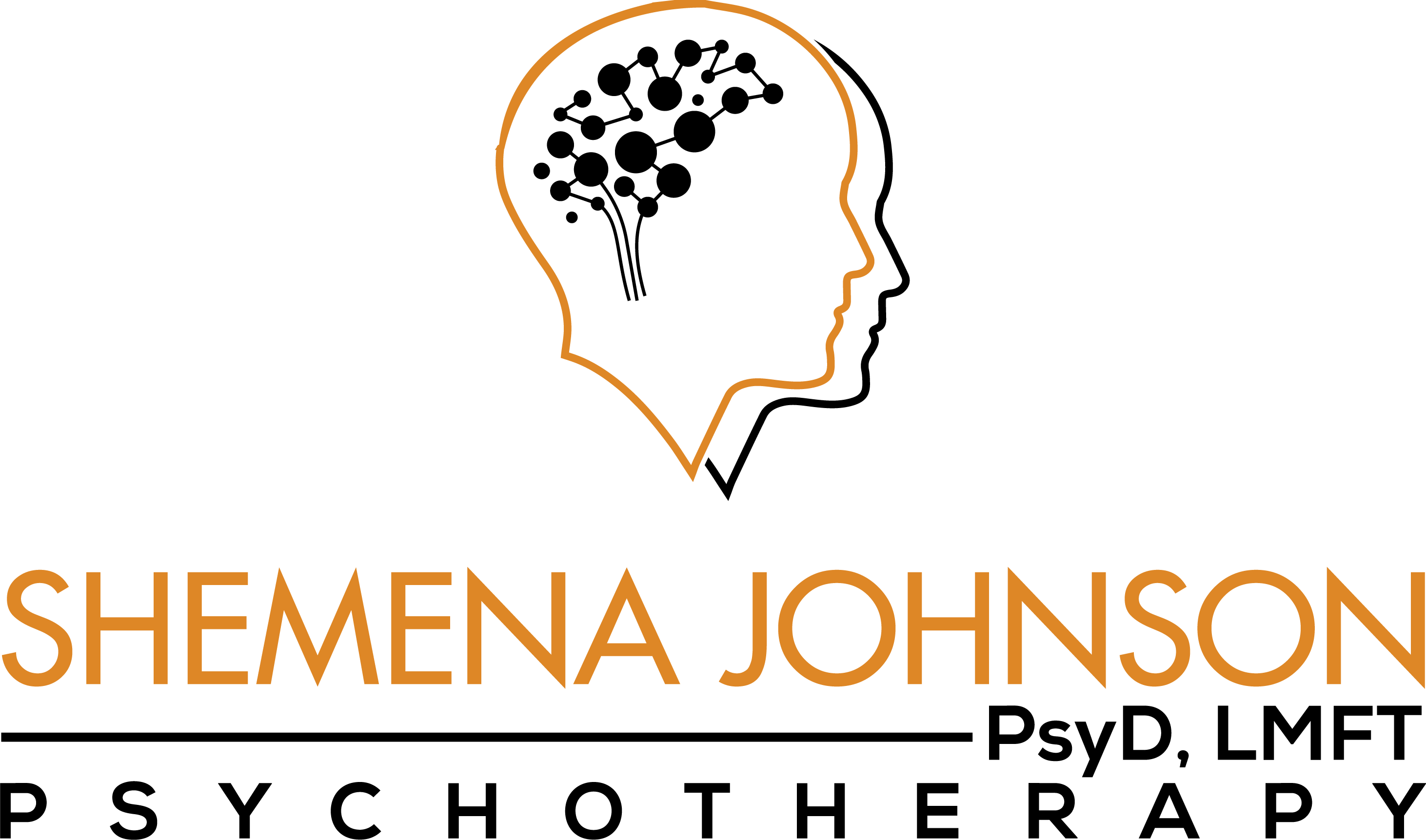In the wake of last week’s tragedies, many people are searching for answers. Kate Spade, and then two days later, Anthony Bourdain died of suicide. Sometimes our search for answers to the question of why often continues to perpetuate the stigma surrounding mental illness.
Today, it is estimated that over 19 million Americans suffer from depression [1]. Depression doesn’t take into account gender, race, age, or social status because depression can affect anyone from all walks of life. Pain and suffering is ubiquitous. Symptoms of depression can lead to suicide, and it can happen to anyone. The recent suicides of Kate Spade and Anthony Bourdain came as a shock to those that knew them. Two people with an outward appearance of success, high achievements, and happiness who took their own lives in connection with reports of depression. There are many more suicides that don’t gain media attention at a rate of 13.42 per every 100,000 people [2], many of which are connected to some form of depression.
Depression
Depression can show up in anyone’s life at any time and for various reasons. There are different types of depression. A depressed mood can come from a source of a life change, such as with Spade and Bourdain, following a relationship breakup or some other type of loss. An individual with Major Depression can have a single episode or recurring episodes. Seasonal Affective Disorder is when depression comes in response to a lack of sunlight. Those with Bipolar Disorder will have depression as part of their mood changes.
Symptoms of Depression
A person experiencing a depressive episode due to a situation or a bout of depression can have the following symptoms:
- Feelings that can include sadness, loneliness, excessive guilt, emptiness, worthlessness, negativity, helplessness and a lack of enjoyment from life
- Sleep disturbances that can include sleeping too much, too little, or broken sleep patterns
- An increase or decrease in appetite that leads to weight gain or loss
- Increased anxiety, restlessness, or irritability
- Difficulty concentrating which leads to memory interruptions, decision making seeming impossible, and distorted thinking that most often has a negative slant
- Thoughts of death and suicide
Treatment
There are several options for treatment, which can include hospitalization, counseling, medication, supplements, diet and exercise, and life coaching. Today, treatment options are made easy to access, so people don’t need to suffer from depression without treatment. If you or someone you know is experiencing depressive signs or voicing thoughts of suicide, it’s vital to seek treatment.
Happiness
The idea of happiness is everywhere in our society, but has it been built up to be more than it should? On billboards, television, and even social media, there is a constant source of idealized happy faces. This can leave us with the impression that what counts as an indicator of success is whether or not our outward appearance says we are feeling happy.
Valuing happiness is not a bad thing. The problem arises when we come to believe we should always feel this way. It makes it difficult to address negative emotions, which are benign, and help us know that something seriously needs to be addressed. Happiness goes hand in hand with sorrow, which one without the other, we wouldn’t know happiness.
Life is full of challenges and celebrations. If you’re unhappy, turn to your supports or seek professional help because suicide is permanent and unhappiness is a temporary state of being.
Source
- https://www.webmd.com/depression/default.htm
- https://afsp.org/about-suicide/suicide-statistics/







